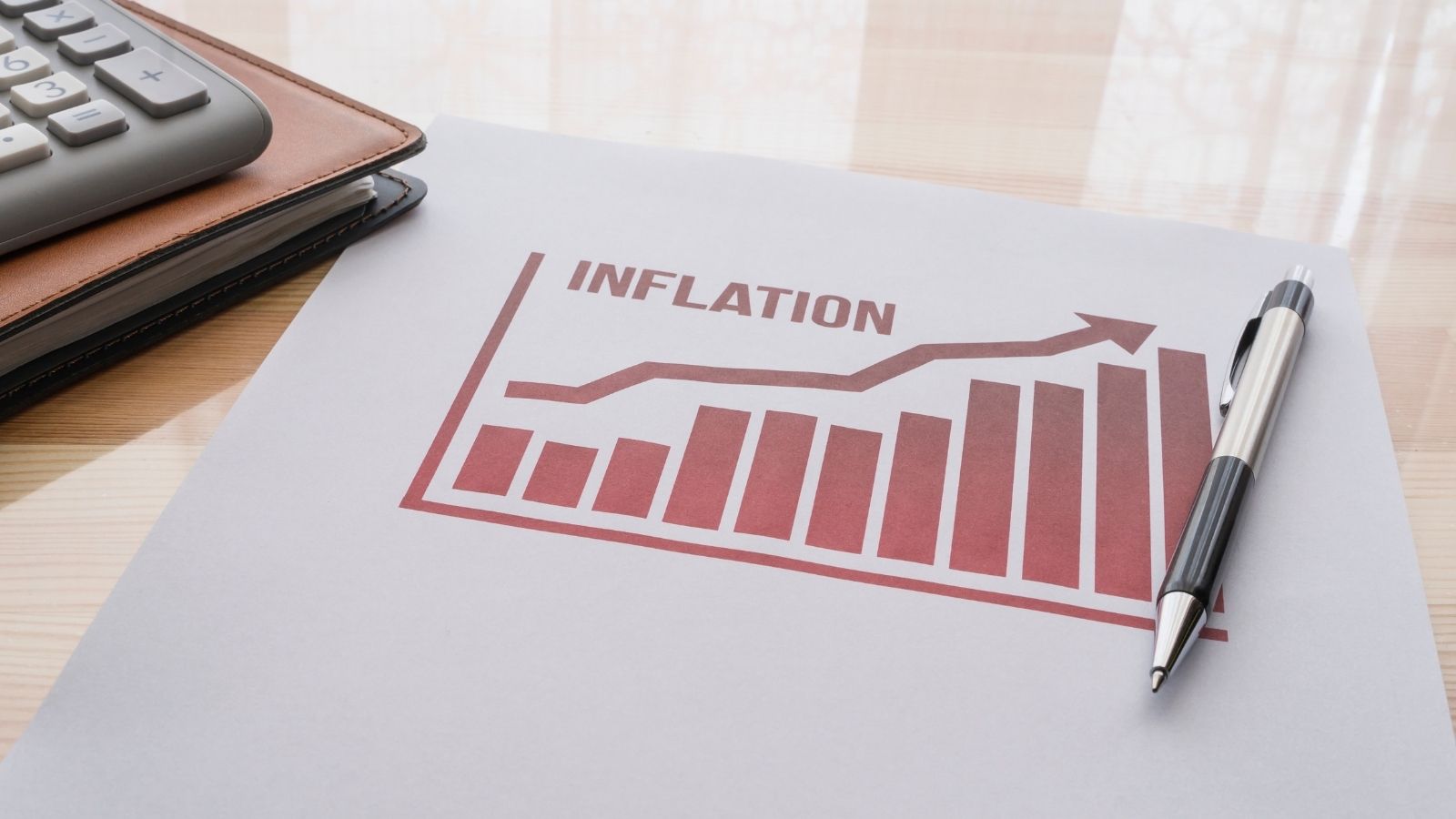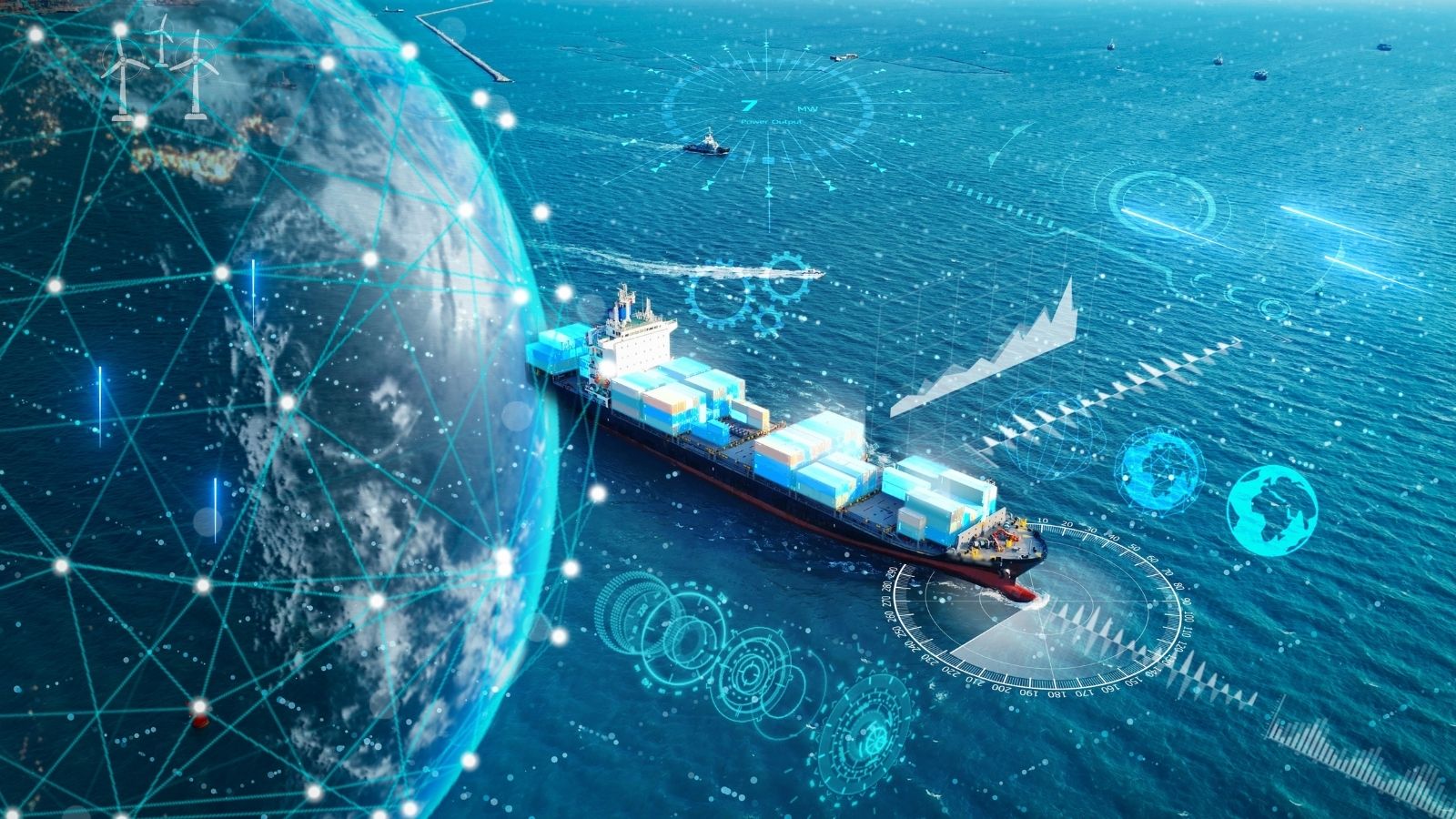The global economy is a complex and interconnected system, susceptible to various influences. While traditional factors like interest rates and trade policies are well-known, several surprising elements could trigger the next big economic crisis. Here are 19 such factors that experts believe could play a significant role:
Misinformation and Disinformation

Misinformation and disinformation can destabilize markets and erode trust in institutions. In today’s digital age, false information spreads rapidly through social media, influencing public perception and investor behavior. This can lead to market volatility and economic instability.
Combating misinformation requires robust fact-checking mechanisms and public awareness to ensure that decisions are based on accurate information, thereby maintaining economic stability and trust in financial systems.
Climate Change

Extreme weather events and the transition to a green economy can disrupt industries and supply chains. Climate change’s economic impact is becoming increasingly evident, affecting everything from agriculture to real estate.
While necessary, the transition to a green economy also brings economic challenges. Addressing climate change requires coordinated global efforts to ease its impacts and become accustomed to new environmental realities, ensuring sustainable economic growth.
Geopolitical Tensions

Geopolitical tensions can significantly impact global economies, leading to trade disruptions and economic sanctions. Conflicts and political instability create uncertainty, affecting investor confidence and market stability.
The ongoing tensions between major economies can create uncertainty and hinder global economic growth. Addressing geopolitical risks requires diplomatic efforts and international cooperation to maintain stability and foster a conducive environment for economic development.
Technological Disruptions

Technological disruptions, such as rapid advancements in AI and automation, can create economic volatility and job displacement. While these technologies drive innovation and efficiency, they also pose risks to traditional industries and employment.
The swift pace of technological change can outstrip economies’ ability to adapt, leading to instability. Balancing technological progress with workforce retraining and economic policies is crucial to mitigate these disruptions.
Cyberattacks

Cyberattacks significantly threaten global economies by targeting critical infrastructure and financial systems. As economies become more digital, the vulnerability to cyber threats increases, potentially leading to widespread disruptions and economic damage.
Protecting against cyberattacks requires robust cybersecurity measures, international cooperation, and continuous vigilance to safeguard economic stability and maintain trust in digital systems.
Public and Private Debt

High public and private debt levels can lead to financial instability and limit economic growth. Governments and businesses burdened with debt may struggle to invest in essential services and innovation.
This can result in reduced economic resilience and increased vulnerability to economic shocks. Managing debt levels through prudent fiscal policies and sustainable borrowing practices is crucial to maintaining economic stability and fostering long-term growth.
Energy Supply Crisis

An energy supply crisis can significantly impact global economies by causing energy price and availability fluctuations. Dependence on fossil fuels and the transition to renewable energy sources create a volatile energy landscape.
Disruptions in energy supply can lead to increased production costs, inflation, and reduced economic growth. Ensuring a stable and sustainable energy supply is crucial for economic stability and resilience.
Cost-of-Living Crisis

A cost-of-living crisis, marked by rising prices for essentials like food and housing, can strain household budgets and reduce consumer spending, leading to decreased economic activity and growth.
Families facing higher living costs may cut back on non-essential purchases, which can impact businesses and overall economic health. Addressing this crisis requires targeted policies to control inflation and support vulnerable populations.
Inflation

Persistent inflation erodes purchasing power and savings, impacting both consumers and businesses. As prices for goods and services rise, households may struggle to afford essentials, reducing consumer spending.
Higher costs can squeeze profit margins and hinder growth for businesses. Central banks face challenges balancing inflation control with economic growth, requiring careful monetary policies to stabilize the economy and protect financial well-being.
Supply Chain Disruptions

Supply chain disruptions can significantly hinder economic recovery by causing delays and shortages of essential goods. Factors such as geopolitical tensions, natural disasters, and pandemics can interrupt the flow of products and materials.
These disruptions lead to increased costs, reduced availability of goods, and economic instability. Ensuring resilient and diversified supply chains is crucial for maintaining economic stability and meeting consumer demand.
Pandemic Aftershocks

After the initial crisis, pandemic aftershocks continue to affect global health and economies. The COVID-19 pandemic significantly impacted labor markets, consumer behavior, and public health systems.
Businesses face challenges adapting to new norms while governments grapple with economic recovery and healthcare demands. These aftershocks highlight the need for resilient systems and policies to mitigate future crises and support sustainable economic growth.
Economic Policy Weaponization

Economic policy weaponization involves using trade policies, tariffs, and sanctions as tools of geopolitical strategy. This can create market instability and disrupt global trade. Countries leveraging economic policies for political gains can lead to uncertainty and hinder economic growth.
Addressing these risks requires diplomatic efforts and international cooperation to maintain stability and foster a conducive environment for global economic development.
Technological Arms Race

Competition in technological advancements can lead to economic imbalances and geopolitical tensions. Countries investing heavily in technology may outpace others, creating disparities and potential conflicts. Balancing innovation with international cooperation is crucial to ensure global stability and equitable growth.
Human Rights Issues

Human rights issues, such as violations and weakening protections, can impact global trade and investment. Ethical considerations are increasingly influencing economic decisions and policies.
Countries with poor human rights records may face sanctions and reduced foreign investment, leading to economic instability. Promoting and protecting human rights is essential for sustainable economic growth and international cooperation.
Food Supply Crisis

A food supply crisis can lead to shortages and price spikes, impacting global economies and food security. Climate change, geopolitical tensions, and pandemics disrupt food production and distribution.
Ensuring a stable food supply requires resilient agricultural practices, international cooperation, and effective policies to address these challenges and maintain food availability for all populations.
Financial Market Volatility

Unpredictable movements in financial markets can create economic uncertainty. Market volatility can be driven by a range of factors, including investor sentiment and global events. Managing this requires robust risk management strategies and informed decision-making to stabilize markets and protect economic stability.
Global Cooperation Breakdown

A breakdown in global cooperation can hinder efforts to address critical challenges like climate change, pandemics, and economic crises. Without coordinated international responses, these issues can escalate, leading to greater instability and economic disruption. Strengthening global partnerships and fostering collaboration are essential to tackle these complex problems.
Economic Inequality

Economic inequality, characterized by growing disparities in wealth and income, can lead to social unrest and economic instability. Widening the gap between the rich and poor undermines social cohesion and hinders sustainable economic growth. Addressing inequality requires targeted policies to promote the fair distribution of resources, access to education, and economic opportunities for all.
Technological Integration

Rapid technological integration into critical systems can create vulnerabilities and economic disruptions. As new technologies are adopted, ensuring their security and reliability is crucial. Unforeseen issues can arise, impacting industries and economies. Balancing innovation with robust safeguards and continuous monitoring is essential to prevent disruptions and maintain economic stability.
Conclusion

These factors highlight the complex and interconnected nature of global risks. Staying informed and prepared can help mitigate their impact. Understanding these surprising factors is crucial for policymakers, businesses, and individuals alike as we navigate an increasingly uncertain economic landscape.
18 Reasons Why People Are Leaving Florida in Masses

Exploring factors that impact the desirability of living in Florida, this list delves into various challenges shaping residents’ experiences. From environmental concerns like rising sea levels to economic factors such as fluctuating job markets, these issues collectively contribute to a nuanced understanding of the state’s appeal.
18 Reasons Why People Are Leaving Florida in Masses
